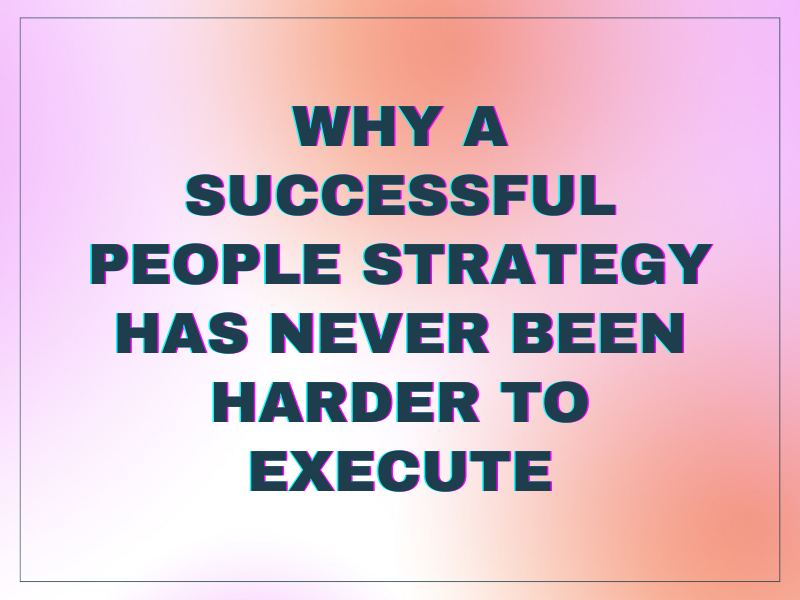How do you know if your values—or those of your team—have changed during the pandemic?
Perhaps they haven’t. But the effects of the past 18 months have profoundly impacted many of us and afforded different perspectives on all aspects of our lives. This in turn has spurred systemic shifts in what motivates people from within.
According to Attuned data, the overall needs for Rationality, Security, Feedback, Autonomy, and Altruism all saw marked increases when comparing pre-Covid employee responses with current ones, while Innovation, Social Relationships, Status and Competition needs have decreased.
But while this data reveals changes in general trends, it doesn’t mean that this necessarily applies for every country, organization or team. So how do shifting priorities look on an individual level? To understand the ways in which people’s values are changing, I’ve been digging deeper into every work-related conversation recently, and I’ve uncovered some useful insights. Let me share two specific examples of close contacts (sorry!) of mine:









